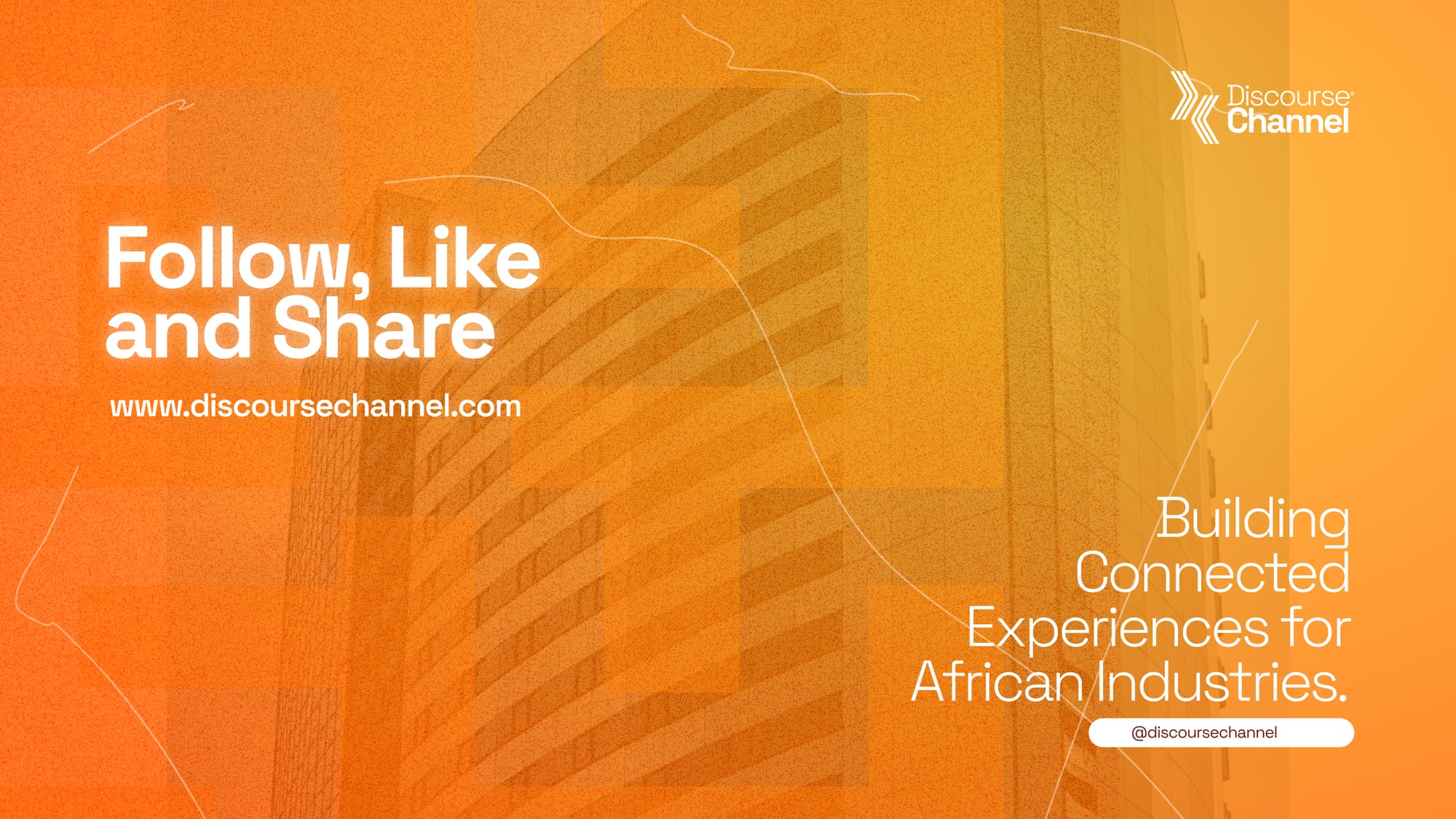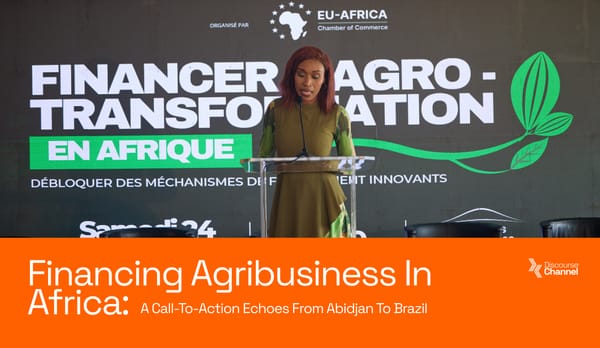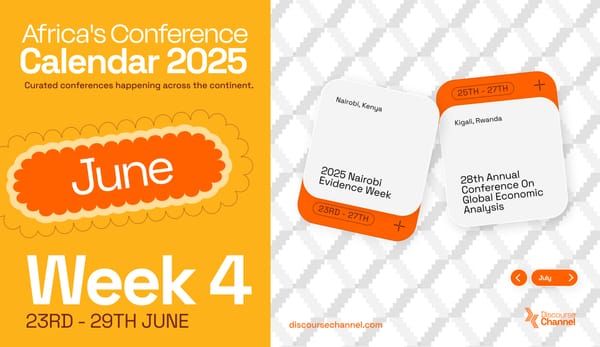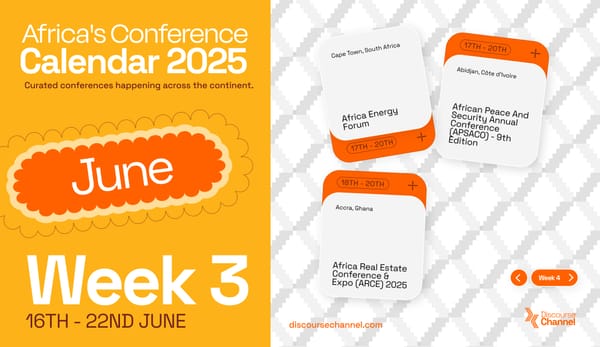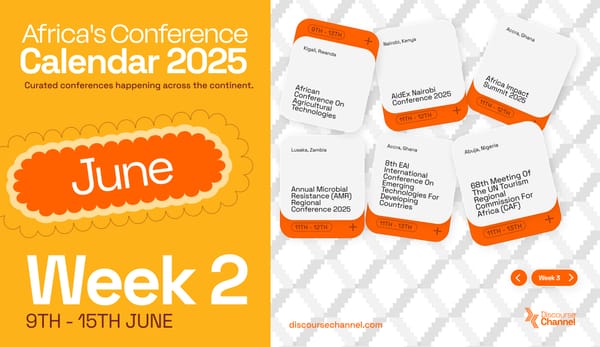“Heat, Heat”: West Africa’s Quiet Tech Revolution Begins with Regional Collaboration
In a moment of quiet significance that may not make headlines but shapes futures, a cross-border conversation unfolded —a regional business exchange convened not just to talk tech but to spark collaboration in a digital era that Africa is increasingly ready to lead.
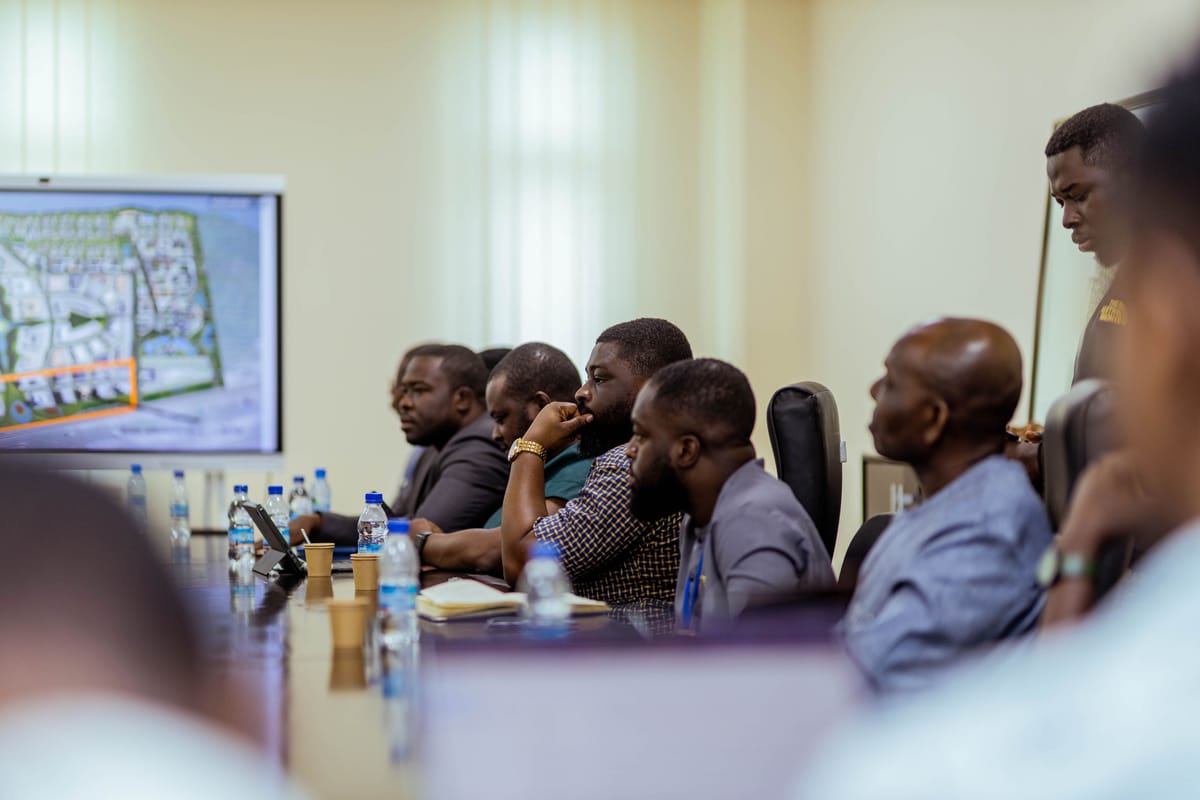
Abidjan, Ivory Coast — Not every revolution begins with noise. Some start in a quiet, steamy room in Abidjan, where entrepreneurs and technologists from Ghana and Ivory Coast gathered — not to predict the future, but to build it.
At the Blockchain and AI B2B Mission: Accra-to-Abidjan, hosted by the EU-Africa Chamber of Commerce, sponsored by Binance Africa in partnership with the International Trade Centre, VITIB S.A., APO Group, and VEONE — and supported by the Ministry of Foreign Affairs of the Netherlands through the Netherlands Trust Fund V – Ghana Tech Project — the real story wasn’t just about technology. It was about connection. It was about heat.
Not the kind that scorches, but the kind that energises.
“We created the EU-Africa Chamber of Commerce in Brussels in 2012 because key decisions were being made about Africa’s private sector without the private sector present,” said Sonia Toro, Director of the EU-Africa Chamber of Commerce. “We knew Africa needed a seat at the table — and not just any seat, but one that spoke with a united regional voice.”
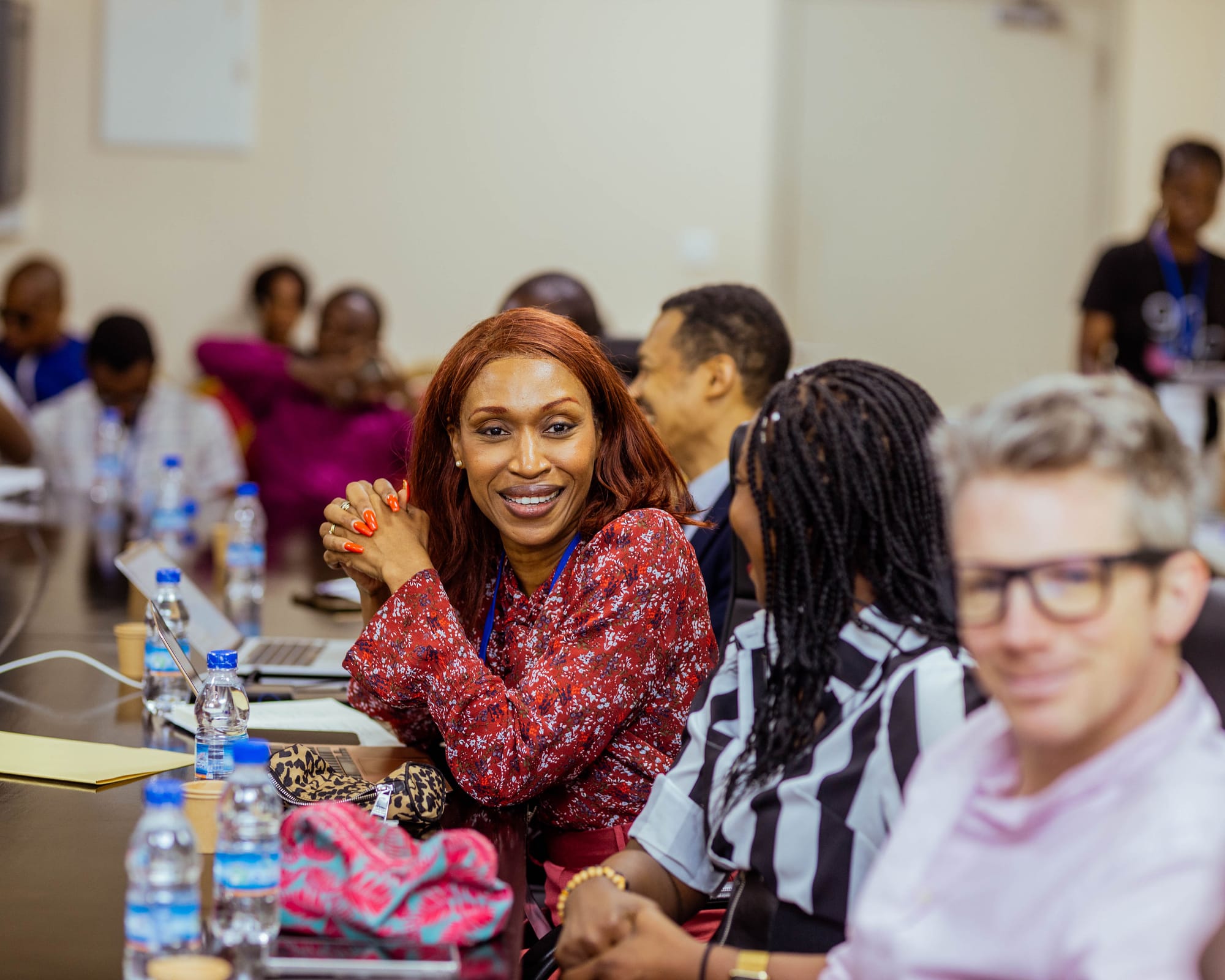
This two-day session wasn’t just another tech event. It was an unbreaking moment in the continent’s digital narrative — one that turned the spotlight away from disruption and onto design: how regional collaboration could be the software running quietly but powerfully beneath Africa’s digital transformation.
Building Bridges Across Francophone and Anglophone Lines
Ivory Coast and Ghana — one Francophone, one Anglophone — are finding common ground in the architecture of innovation.
Steven Akomian, an AI Regulation Researcher for Côte d'Ivoire and Senegal, presented a hard-hitting study covering the AI ecosystems of Ivory Coast, Senegal, and Cameroon. Through a five-pillar framework — covering regulation, infrastructure, institutional capacity, inclusion, and benchmarking — he revealed how Ivory Coast is crafting national strategies for AI and data governance. Data protection laws have been in place since 2013. Mobile money usage is rising. But challenges remain: AI-specific regulations are still forming, particularly in AI risk assessments, and local startups struggle with funding.
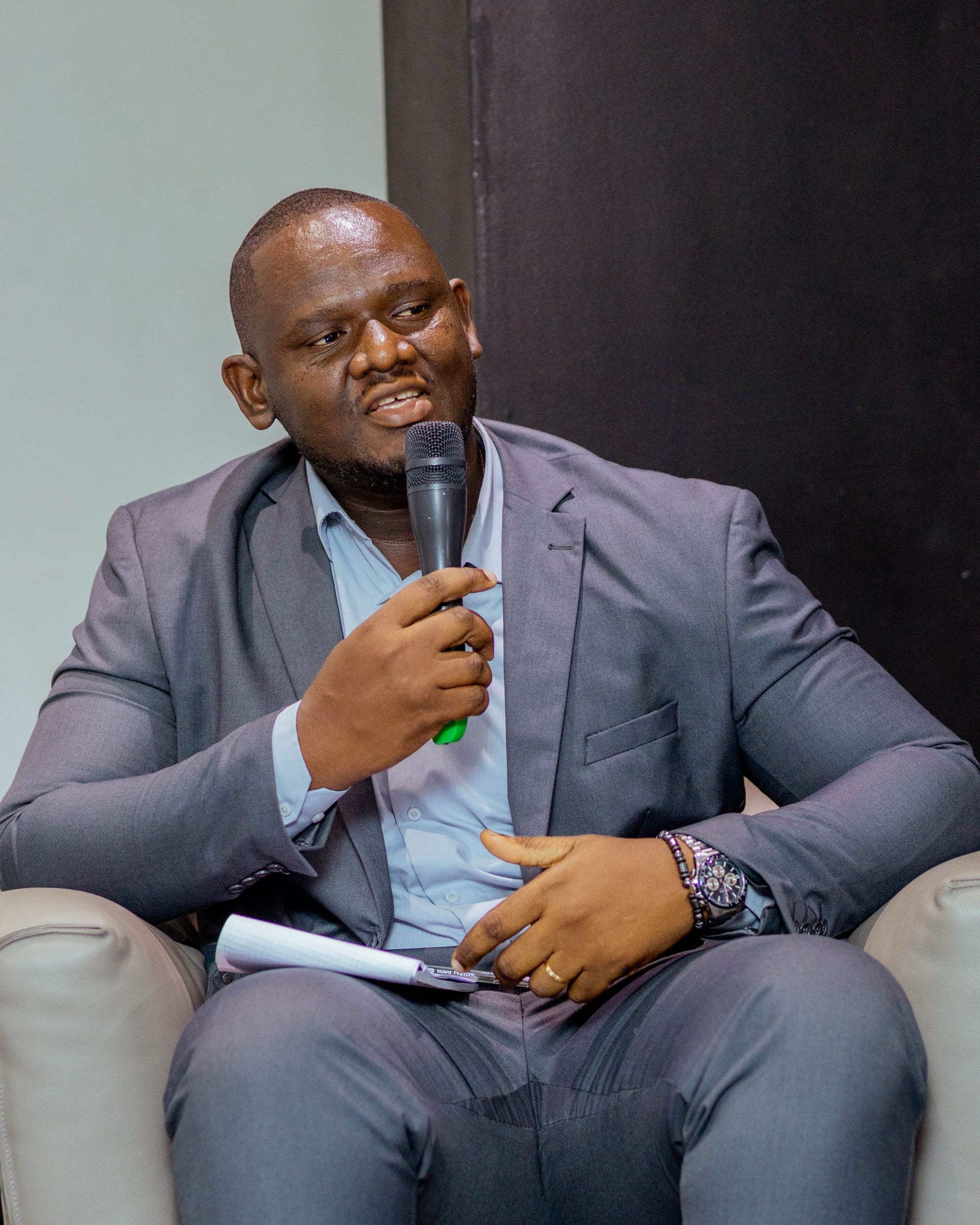
In parallel, Ghana’s AI story is gaining global attention. Google set up its first African AI centre in Accra. Universities are offering AI degrees. Startups are building AI into everyday tools without fanfare, quietly reshaping how people access health (minohealth AI), education, and financial services.
Isaac Newton Acquah, the Tech Sector Growth Lead at the International Trade Centre & National Project Coordinator for Ghana of the Netherlands Trust Fund V Project and a Ghanaian tech leader supporting both AI and blockchain adoption, framed blockchain as “the internet with trust” — a decentralised ledger system with the power to transform land registries, digital identity, and government transparency.
Blockchain’s promise lies in revolutionising everyday transactions—from land registration to vehicle ownership—by fostering transparency across borders
But beyond the technical jargon, there was something else in the air — something human.
“We’re not just building apps. We’re building bridges – between regions, between regulators and innovators, and between the local and the continental,” said Isaac Newton Acquah.
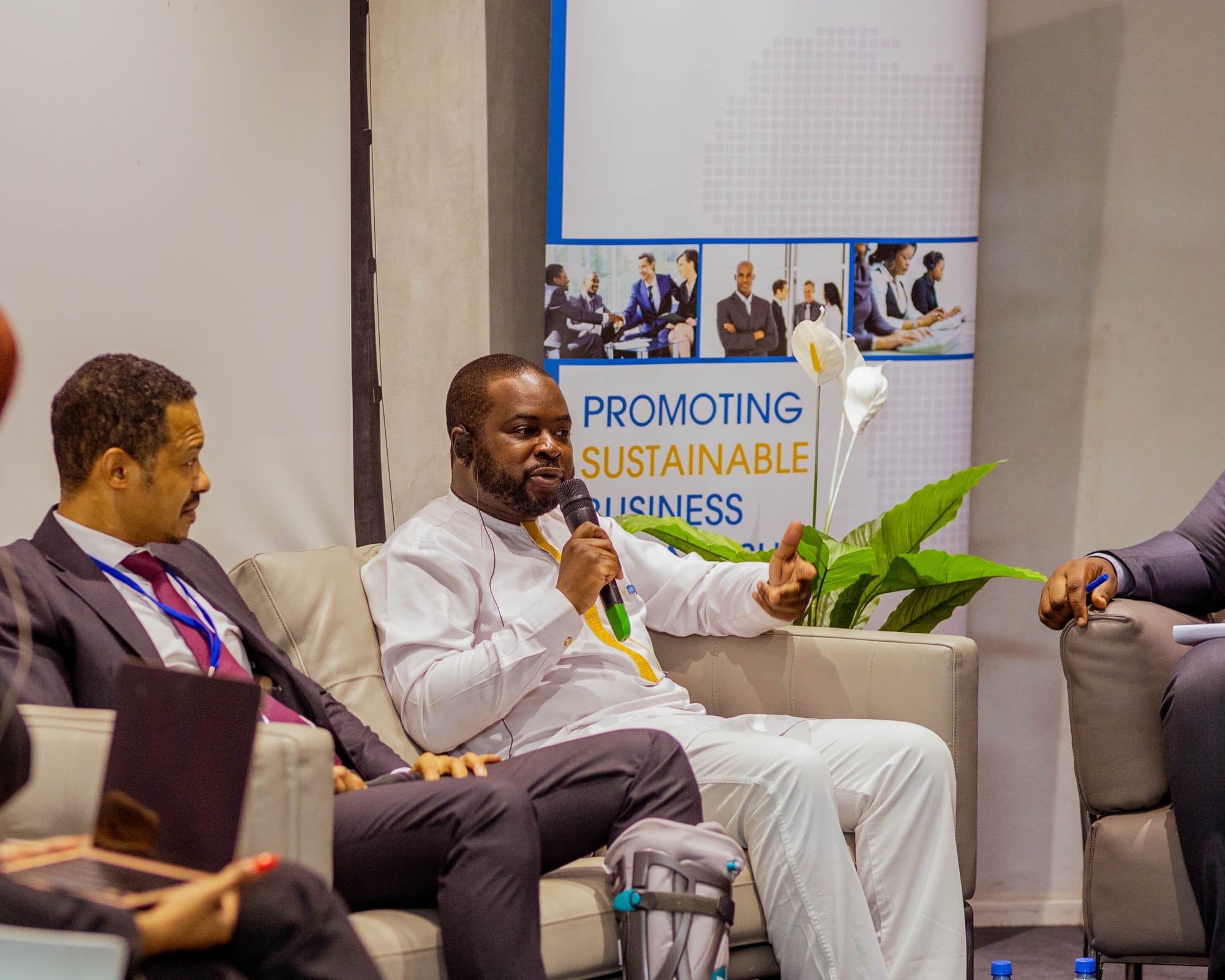
The Case for Collective Progress
The discussions didn’t romanticise the road ahead. Access to finance, particularly in Francophone Africa, remains a stubborn barrier. Serguei Ouattara, Senior Advisor, Head of Access2Finance, Markets & Innovation of the EU-Africa Chamber of Commerce, unpacked the structural financing gaps — where traditional lenders still prioritise collateral over creativity. He urged for expanded instruments: venture capital, public guarantees, and risk-sharing mechanisms. It’s not just about funding ideas. It’s about funding the time it takes for those ideas to reach the market.
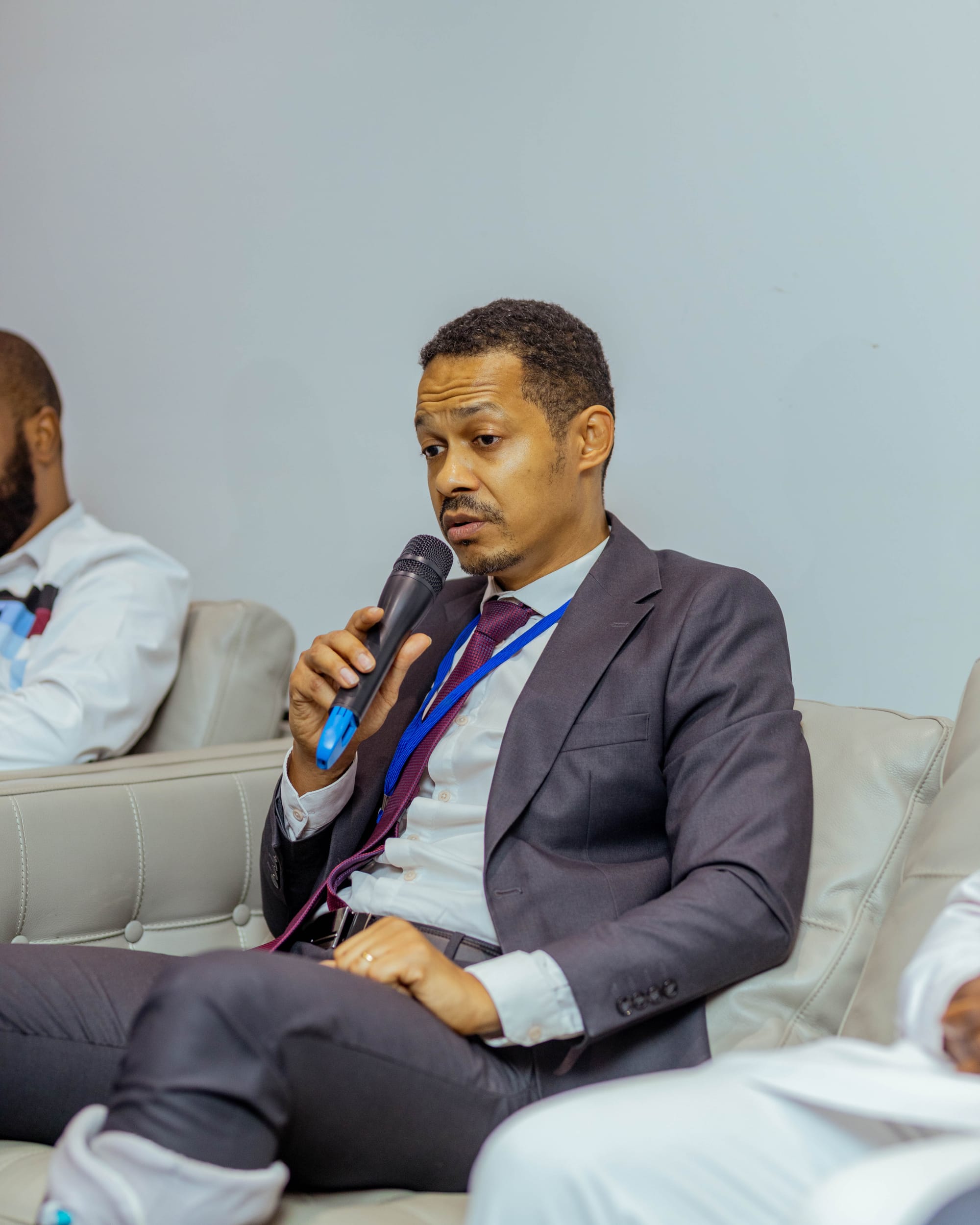
Demystifying Blockchain, Empowering Africa
Osaro Jackson of Binance Africa added a different layer, bringing the focus back to the end user, stressing that the benefits of blockchain technology must be immediately tangible. “People don’t need to understand blockchain to benefit from it,” he said, pointing to the region’s $125 billion in crypto transaction volume last year. Binance’s educational programmes are demystifying the technology, especially for young Africans seeking economic freedom. Jackson’s call for continued investment in education represents a commitment to not only demystify these digital tools but also to empower a new generation of African tech pioneers.
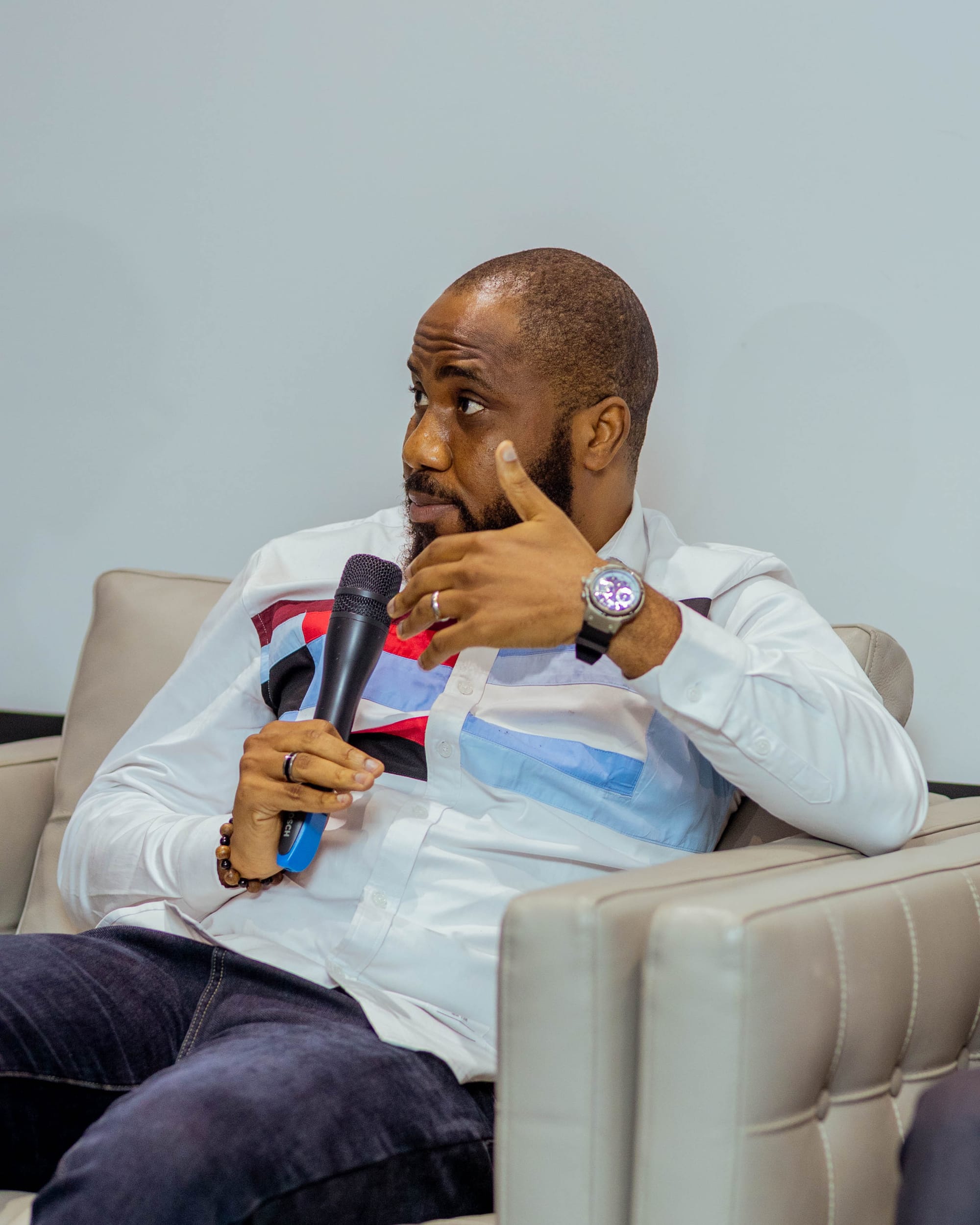
Aha Moment!
The most striking challenge raised? The absence of regulators in the room. Startups called for greater inclusion of policymakers in such convenings. Without their participation, regulatory bottlenecks could stall innovation. Accomian agreed, encouraging proactive engagement through federated startup groups that could speak with one voice.
And then came the question of data. Who owns it? Who protects it? Is Africa prepared to build its own governance models — or will it be swept into data regimes created elsewhere?
Akomian made it clear: “We cannot build AI models on data that doesn’t belong to us, or without consent. Data rights are not a Western luxury. They are foundational.”
From Heat to Heart: The Future Is Shared
There were no flashy product launches or celebrity tech founders here. But there was something else: an emergent rhythm. Regional leaders and entrepreneurs were not talking over each other but listening. Not scaling for the world, but shaping systems that work first at home.
“This isn’t just about Ghana learning from Ivory Coast or vice versa,” says Sonia Toro “It’s about recognising each country’s unique path and asking, ‘What can we do together that we cannot do alone?”
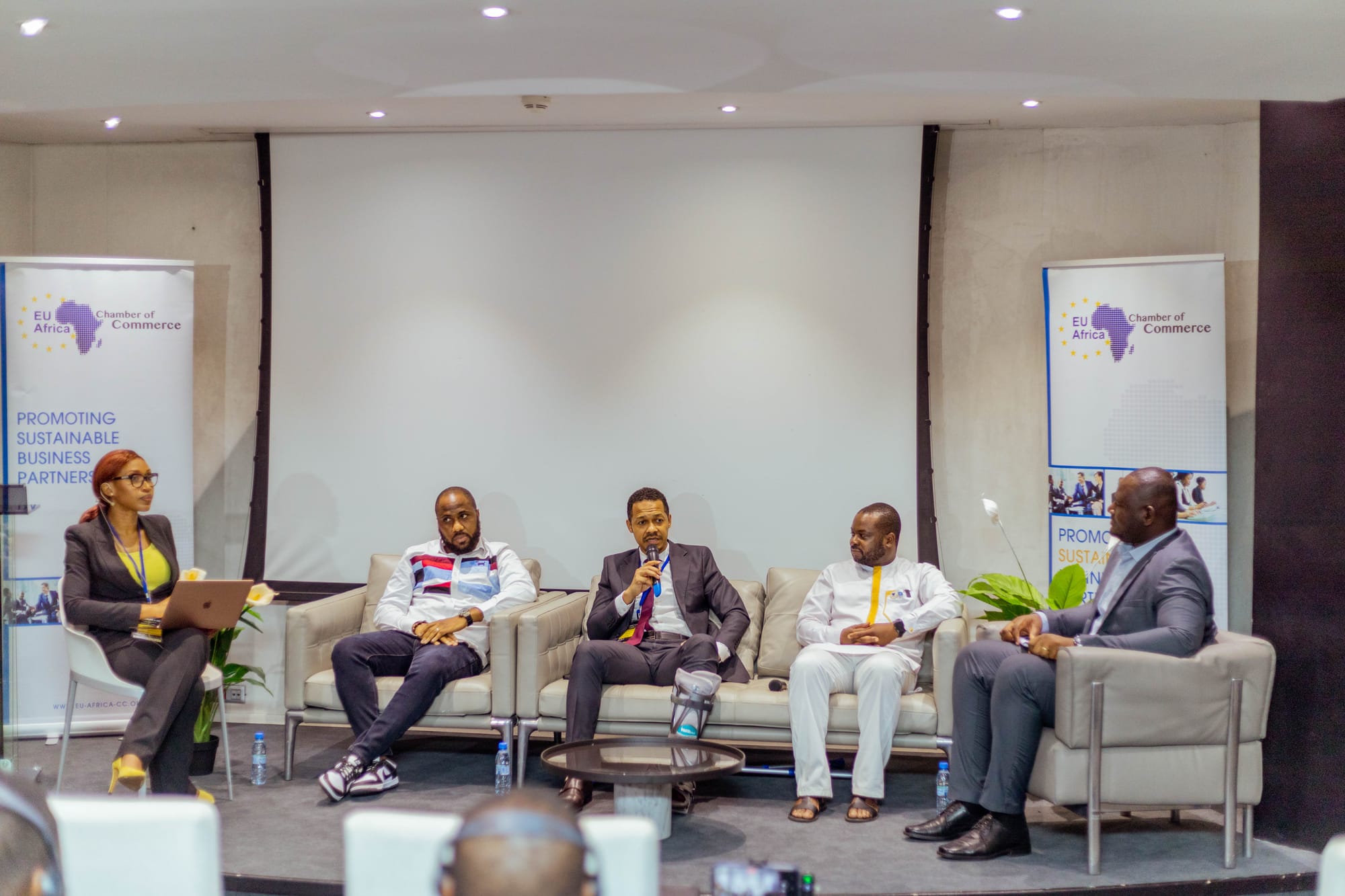
The phrase she used to capture the urgency and energy? “Heat, heat.”
It’s the sound of something building beneath the surface — slow, deliberate, and shared.
And if this panel in Abidjan is any indication, the real tech revolution in Africa won’t be televised. It’ll be regional.
All eyes now turn to the upcoming Abidjan Blockchain Week, where many of these conversations will continue. But even before then, something lasting has been set in motion. A mission that started as a B2B exchange has turned into a signal: that Africa is no longer waiting to be included. It’s building its own tables—and inviting its neighbours to sit down together.
This story is part of The Africa Discourse Channel's unbreaking news approach: we look beyond the headlines to examine the systems shaping our world — and the quiet, collaborative work creating long-term change.
